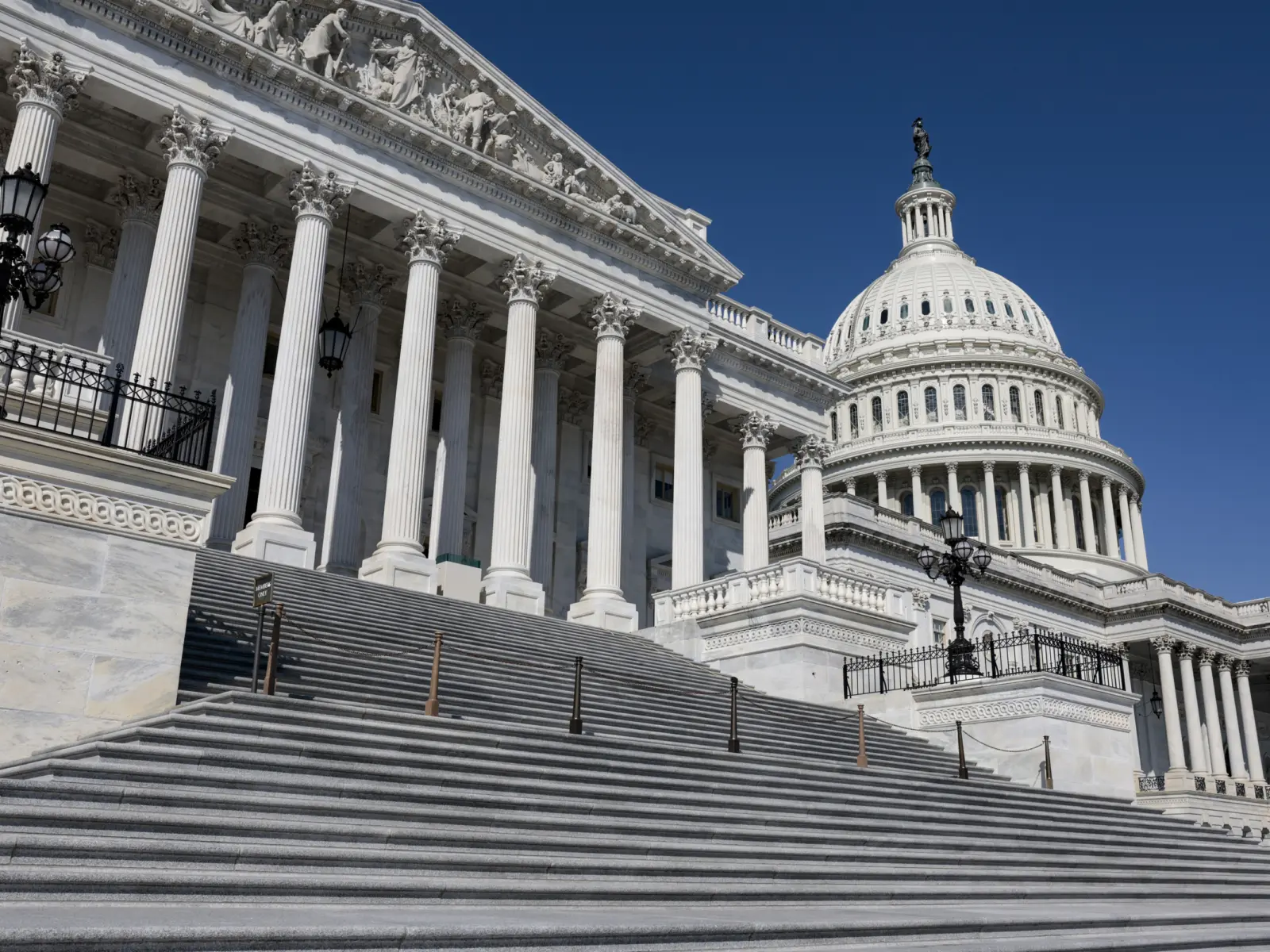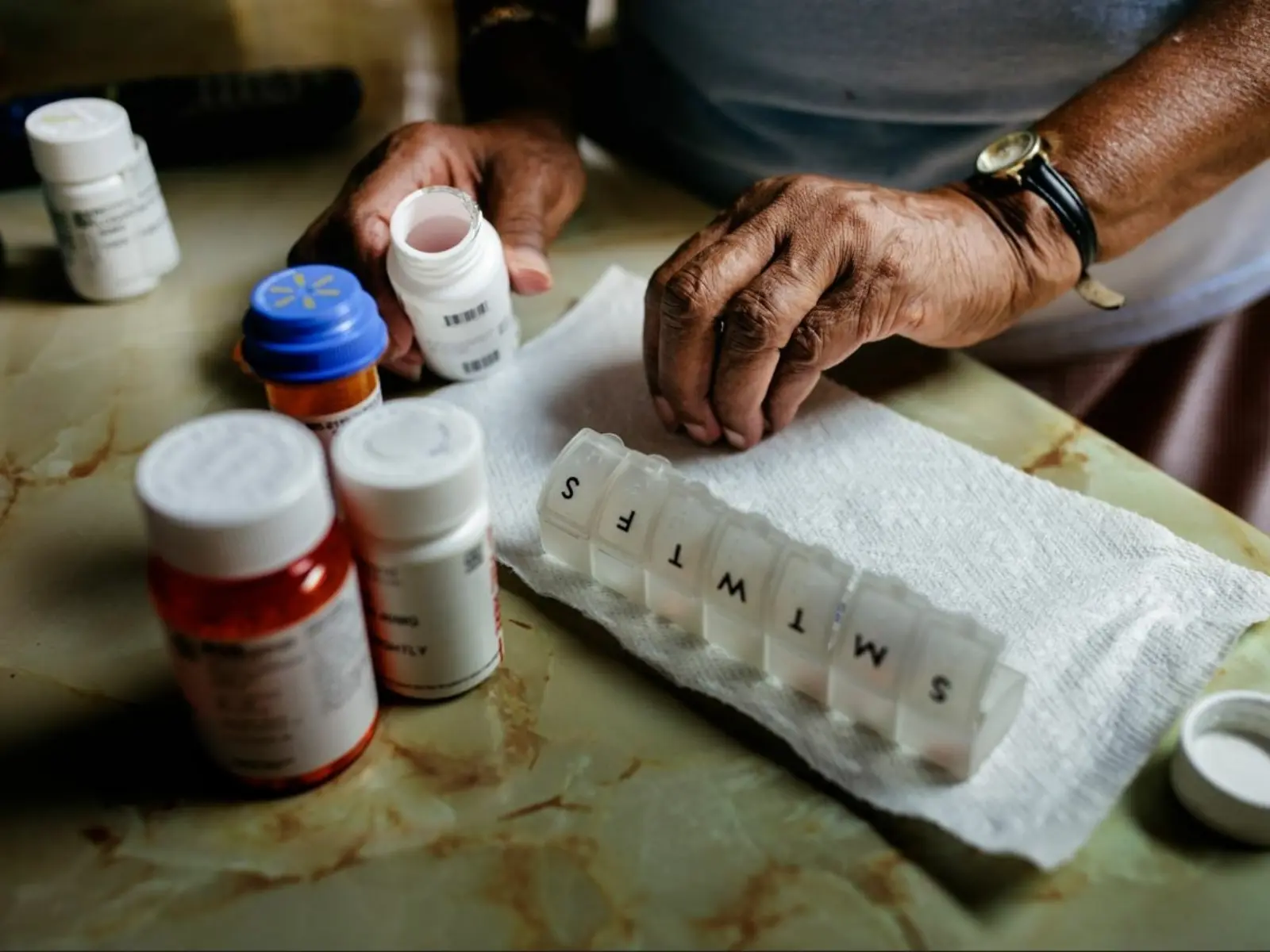For years, pharmaceutical companies have lobbied to extend the Medicare negotiation exemption period for small molecule drugs (chemical drugs that often come in pill form) to match the period given to biologics (treatments derived from living organisms) – keeping prices higher for longer.
Currently, Medicare can negotiate prices for some small molecule drugs and have these negotiated prices taking effect nine years after FDA approval. The Ensuring Pathways to Innovative Cures (EPIC) Act (H.R. 1492 and S. 832) seeks to extend the period when negotiated prices take effect for small molecule drugs from nine to 13 years, the same requirement for biologics. This allows companies to maintain higher prices for an additional four years and results in fewer drugs getting negotiated by Medicare. Medicare would likely go through a lengthy process to negotiate prices for small molecule drugs that will go generic before the negotiated price goes into effect.
Increased Costs for Patients and Taxpayers
More than half of the drugs selected for Medicare negotiation thus far would not have been eligible for selection if the EPIC Act were law, including Ozempic and Wegovy, resulting in:
- Higher drug prices in Medicare.
- Higher Medicare beneficiary cost sharing, and
- Higher Medicare Part D premiums.
Pharmaceutical Industry Influence
The EPIC Act is heavily supported by manufacturers, who claim that current law discourages research and development of new small molecule drugs. However, this claim is unfounded:
- Even after the enactment of Medicare drug negotiation, investors continue to favor small molecule drugs over other modalities.
- Over half of M&A deals over $1 billion in 2023 and 2024 were for companies with small molecules as lead assets.
- Small molecule drugs remain attractive investments as they are easier to manufacture, better suited for specific diseases, and often preferred by patients, giving them an advantage relative to biologics.
What Patients Really Want
At a time when voters across the political spectrum are demanding action to lower drug prices, Congress should not be considering legislation that does the opposite.
- Nearly 90% of voters say prescription drugs are priced too high.
- Over 75% of voters — including 70% of Trump voters—say it is very important for Congress to act to reduce prescription drug prices.
- More than 60% of voters blame drug company profits as being the driver of high prescription costs, not research and development costs.
- Almost 75% of voters say it is important for the government to negotiate prices with drug companies, and a majority of voters would even support expanding Medicare negotiation — not weakening it.
The Bottom Line
The EPIC Act, or any other attempt to weaken Medicare’s negotiation program, is a step backward in the fight for affordable drugs. The bill prioritizes pharmaceutical profits over patient affordability and weakens Medicare’s ability to negotiate fair prices, which will lead to higher costs for patients and taxpayers while delaying access to affordable medications.
















